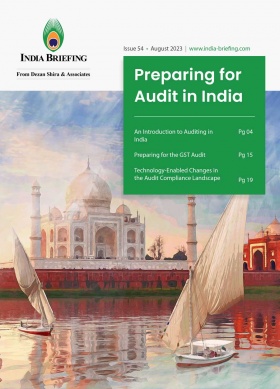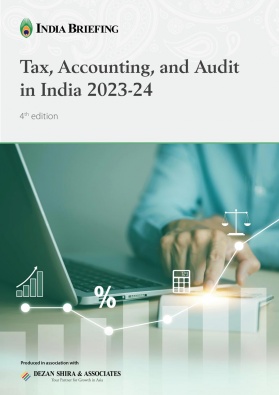Recent Changes to Form 10F: A Guide for Non-Residents Seeking to Claim DTAA Benefits in India
Recent amendments to Form 10F procedures in India require electronic filing as a mandatory compliance to successfully claim DTAA benefits.
Significance of the Tax Residency Certificate in India
The Tax Residency Certificate is a proof of residency, and can ensure that income is not doubly taxed—once in the source country and again in the resident country.
An Introduction to Doing Business in India 2024: New Publication Out Now
The 2024 Introduction to Doing Business in India Guide discusses the most updated corporate establishment procedures, changes to the investment landscape and trade environment, as well as tax, audit, accounting, HR, and payroll regulations and compliance requirements. In this year’s edition, we spotlight the factors making India the fastest growing G20 economy.
Understanding How the Concept of Significant Economic Presence Applies in Indian Taxation
We explore tax provisions on ‘significant economic presence’ in India and compare with the equalization levy liability amid stakeholder concerns.
CBIC Directs Tax Officials in India to Upload GST Tax Notice Summaries Online
CBIC directs tax officials to upload digital summaries of GST notices, per law, for compliance transparency and streamlining bureaucracy.
Status of India’s Advanced Pricing Agreement Program: 95 APAs Signed in FY23 Offering Tax Certainty
The Advanced Pricing Agreements address complex transfer pricing issues, mitigating the need for litigation and align with India’s objective of enhancing the ease of doing business.
Permanent Establishment in International Taxation and Indian Tax Law
We discuss what triggers permanent establishment status as per UN/OECD international taxation frameworks and India’s domestic tax provisions.
Technology-Enabled Changes in the Audit Compliance Landscape in India
We discuss how emerging technologies hold the potential to transform the field of auditing by leveraging software-as-a-service platforms as well as incorporating artificial intelligence, automation, drones, and more. Moreover, India’s corporate affairs authority mandates the adoption of specific software-enabled tracking, such as audit trails.















